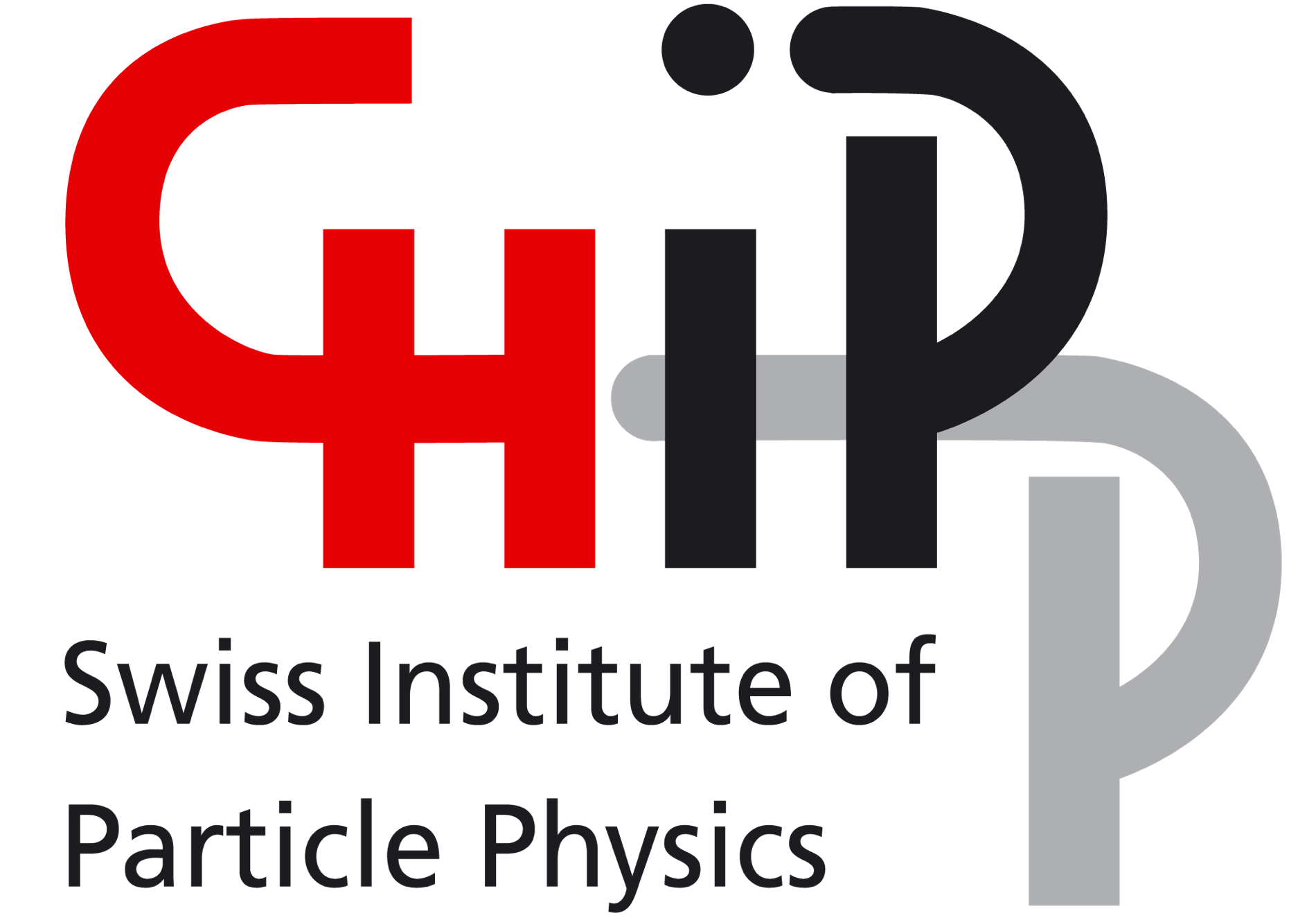APPEC Contribution to the European Particle Physics Strategy
Editorial Board: S. Katsanevas, A. Masiero, T. Montaruli, J. de Kleuver, A. Haungs
APPEC strongly supports and encourages the prospects of an even stronger synergy between Astroparticle Physics and Cosmology with Particle Physics. Areas of synergy between the above domains are identified: dark matter and dark energy; multi-messenger astrophysics, with the recently achieved discoveries of gravitational waves and the extraordinary opportunities also offered by gamma-ray and neutrino observatories for the exploration of powerful accelerators of the universe; the current neutrino precision program in relationship with cosmology, that promise either an unprecedented confirmation of the two standard models of Particle Physics and Cosmology, or a gate to new physics beyond both. These synergies include R&D on photosensors, cryogenic and vacuum techniques, optimisation of large scale infrastructures (civil infrastructure, vacuum, cryogenics) and of their governance and long-term operation, computing strategies for analysis and handling of large volumes of data, and policies leading to open science. Their development also requires grounding fundamental science within society, including, outreach and education. In view of the above synergies the present document introduces and briefly discusses four recommendations related to the role of PP in i) the dark matter searches; ii) the multi-messenger astronomy,in particular the 3G GW experiments (ET); iii) the neutrino physics; iv) the creation of a European Center for AstroParticle Theory (EuCAPT).
Contact
Prof. Dr Teresa Montaruli
Université de Genève
Département de physique nucléaire et corpusculaire (DPNC)
24, quai Ernest-Ansermet
1211 Genève 4
